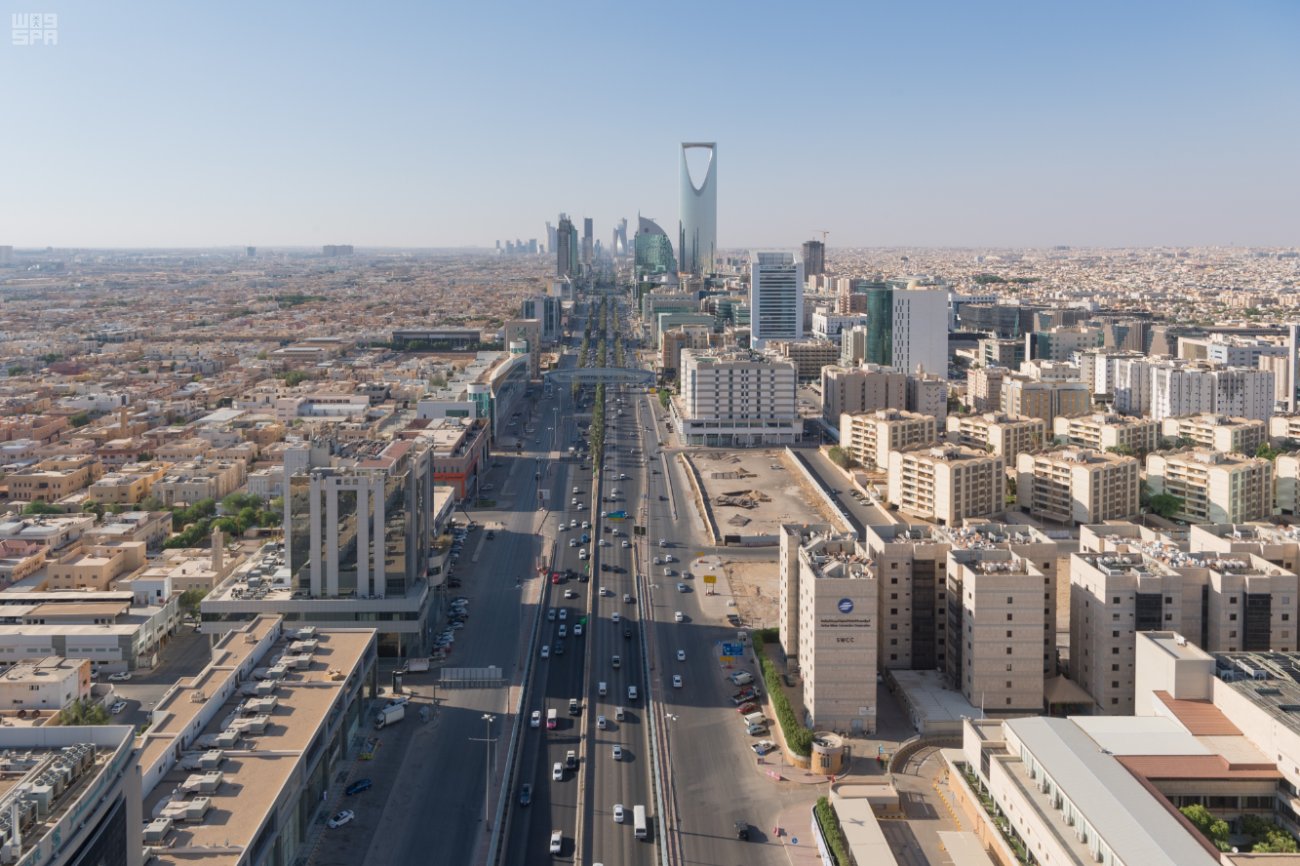A new paper from authors David Kenner and Kameal Al-Ahmad of the King Faisal Center for Research provides a fresh overview of the US-Saudi economic relationship beyond the headline-dominating oil and arms sales.
“Oil and arms sales dominate public discussion of the US–Saudi alliance. The benefits for both countries in these transactions are easy to understand: The United States buys oil and gas to fuel its economy, while Saudi Arabia’s purchase of weapons systems ensures its domestic and regional security. US policymakers have also long seen Saudi Arabia as sharing their interest in a stable oil market due to the country’s extensive investments in US and European economies,” the writers state in the paper’s introduction. ”
“However, the ties between the United States and Saudi Arabia are vastly more complex than this story suggests…over the past two decades, the two countries’ economies have become even more interlinked. Saudi Arabia has become a market for a diverse array of American goods, ranging from automobiles to airplanes to medical equipment. At the same time, it has increasingly invested its wealth in the United States, buying everything from US Treasury bonds to equity in tech start-ups. And, unlike in decades past, an astonishing number of young Saudis have developed important social and cultural ties with the United States through studying and visiting the country.”
The paper does not downplay the significance of the energy and security relationship between the United States and Saudi Arabia, but rather notes that while energy and security generate the most interest and awareness, the economic relationship beyond oil and arms is deeper and, in the previous two decades, has become significantly stronger.
The paper begins with an examination of the surge in U.S. exports to Saudi Arabia as the Kingdom has become a wealthier, more modern nation. US exports to the Kingdom “totaled a mere $77 million in 1962; by the end of the first Saudi oil boom in 1982, exports had ballooned to $7.3 billion. In 2019, the last year for which data is available, the United States exported $23.9 billion in goods and services to Saudi Arabia. The sale of these goods supports at least 165,000 American jobs,” Kenner and Al-Ahmad write. “Arms sales constitute a relatively small percentage of this overall trade. In 2019, for example, the United States exported $3.1 billion of arms to Saudi Arabia, or about 13% of total exports.”
As US exports to Saudi Arabia have grown in value, they have also grown in diversity.
The paper then discusses the major role that American businesses have played in the Kingdom’s Vision 2030 economic reform and diversity plans.
“The US–Saudi economic partnership defies easy stereotype,” the authors conclude. “The relationship does not just center on oil and arms, but also encompasses the sale of automobiles and medical equipment, joint ventures to develop green energy projects and build the infrastructure of the country’s new mega-cities, and financing for some of America’s most innovative companies. This business is worth many billions of dollars and supports thousands of jobs in both countries.”









